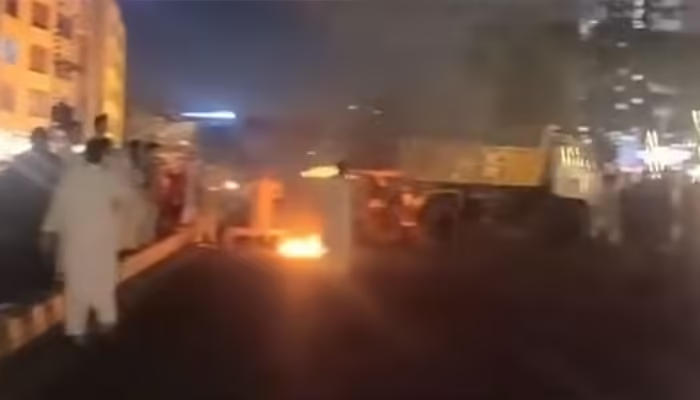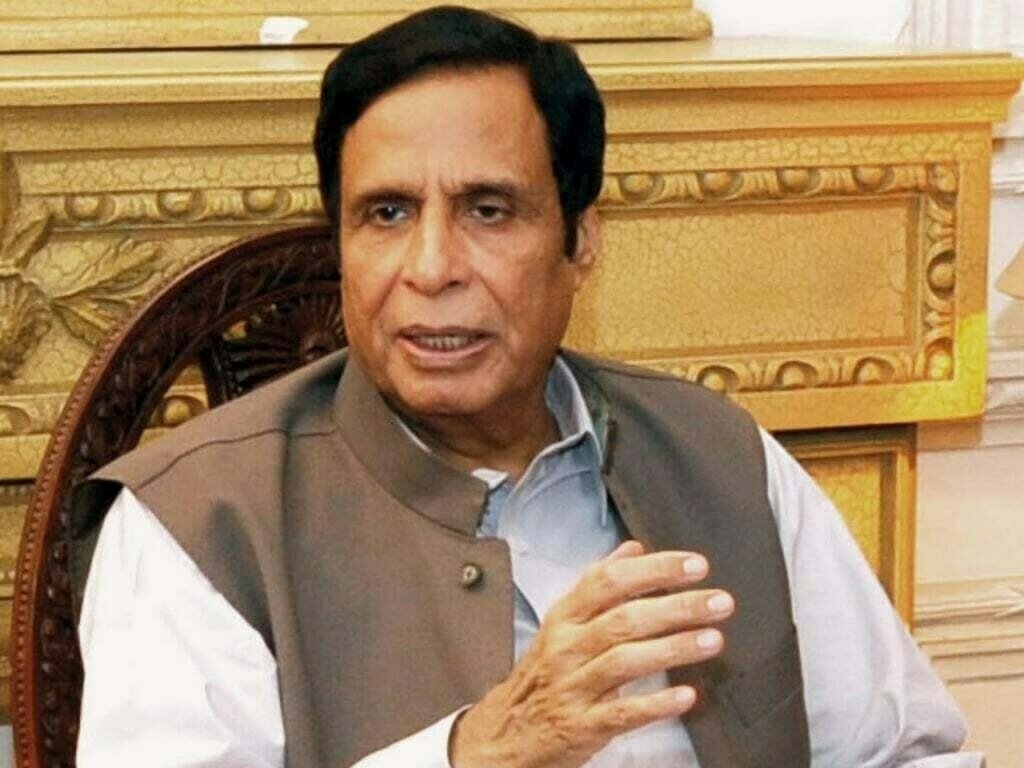The leadership of Tehreek-e-Insaf (PTI) has renewed its intention to engage in talks with political leaders after facing challenges in communicating with ruling institutions and exhausting the possibility of negotiations with them. In a strategic move, the PTI has turned to Tehreek Takhufaz Ayin and its leader, Mahmood Khan Achakzai, who has been tasked with facilitating these discussions. Despite efforts spanning four and a half months, Achakzai has yet to make any significant headway.
According to sources, PTI founder Imran Khan initiated these efforts as a prelude to the hearing of a critical case involving £190 million, in an attempt to circumvent military courts. It has been conveyed to Khan that he must issue an apology and provide assurances to move forward with any negotiations.
This renewed push for dialogue comes amidst a politically charged environment, with the opposition alliance likely to reach out to prominent figures such as Nawaz Sharif and Asif Zardari for talks in the coming week. Imran Khan himself has publicly stated that the army should appoint a representative for negotiations, indicating PTI’s readiness to engage in discussions.
Highly reliable parliamentary sources have confidentially informed ‘Jang’ Central Reporting that PTI’s Pakhtun faction, hailing from Khyber Pakhtunkhwa, is resistant to casting Mahmood Achakzai in a leading role for these negotiations. This group had previously opposed his nomination as a presidential candidate, arguing that PTI’s significant support base in Khyber Pakhtunkhwa would be undermined by elevating a Pakhtun from Balochistan, especially one from a different political party with a history of strong opposition to PTI.
Furthermore, it is reported that Mahmood Khan Achakzai is not keen on assuming any new role within this context. He has expressed reluctance to follow instructions from PTI leaders, asserting that the protection of the constitution can only be achieved through the unity of all political parties. Achakzai advocates for a collaborative plan that guarantees constitutional protection and ensures the functionality of the country’s system.
This stance by Achakzai underscores the complexity of PTI’s internal dynamics and the broader political landscape in Pakistan. The resistance from the Pakhtun faction within PTI reflects underlying tensions and divergent perspectives on leadership and representation. These internal divisions pose a significant challenge to the party’s efforts to present a unified front in the quest for political dialogue and resolution.
Imran Khan’s renewed efforts to initiate negotiations are driven by a pressing need to navigate the legal and institutional challenges facing the party. The impending case involving £190 million adds urgency to the situation, compelling PTI to seek avenues for dialogue that can potentially mitigate the legal and political risks. However, the path to successful negotiations is fraught with obstacles, both within the party and in the broader political arena.
The role of the opposition alliance in this context is also critical. The potential engagement of figures like Nawaz Sharif and Asif Zardari highlights the broader political maneuvers at play. The willingness of these leaders to participate in talks could significantly influence the trajectory of the negotiations and the overall political climate.
As PTI navigates these complexities, the emphasis on constitutional protection and systemic functionality remains a focal point. Mahmood Khan Achakzai’s insistence on a united political front and a collaborative approach reflects a broader vision for Pakistan’s political future. This vision calls for transcending party lines and historical animosities in favor of a more inclusive and cooperative political landscape.
Tehreek-e-Insaf’s renewed push for political dialogue represents a crucial moment in Pakistan’s political narrative. The challenges of internal divisions, legal pressures, and broader political dynamics underscore the complexity of the situation. The outcome of these efforts will not only shape PTI’s future but also influence the broader trajectory of Pakistan’s political and constitutional framework. As the negotiations unfold, the emphasis on unity, constitutional protection, and systemic functionality will remain central to the discourse, guiding the path towards a more stable and cooperative political environment.



